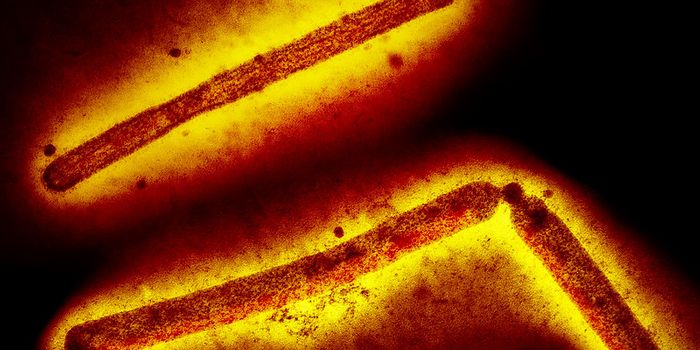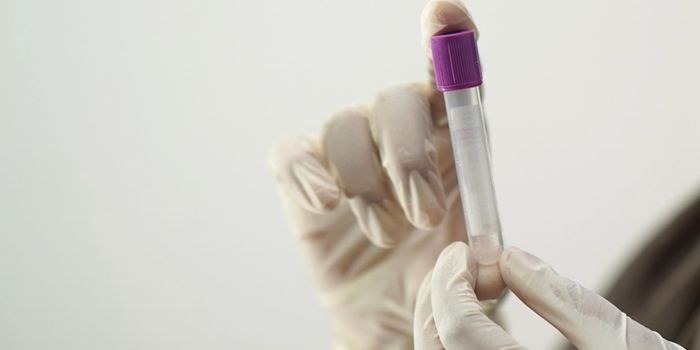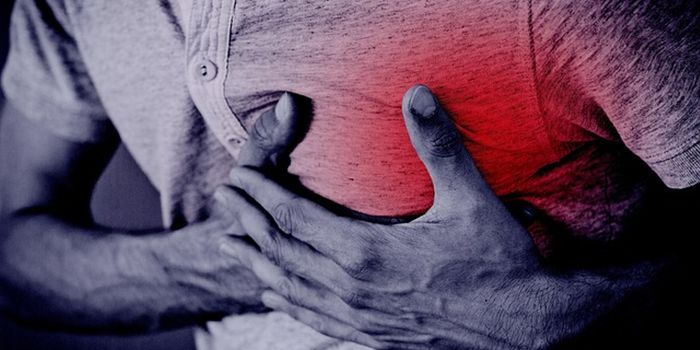Cancer Pathologist Burnout? AI to the Rescue.
Diagnosing cancer is hard work. The challenging demands of their caseloads see diagnostic pathologists in many clinical settings teetering dangerously close to burnouts. Worryingly, fatigue and chronically heavy workloads can see pathologists inadvertently making mistakes and misdiagnosing patients.
"Even though a lot of their work is repetitive, most pathologists are extremely busy because there's a huge demand for what they do, but there's a global shortage of qualified pathologists, especially in many developing countries," explained Hong-Wen Deng a bioinformatics and genomics expert from Tulane University.
Deng and a team of researchers performed a study that could soon see diagnostic pathologists better supported with the help of advanced computing platforms. Their research, featured in Nature Communications, describes how artificial intelligence can detect and diagnose colorectal cancer from tissue scans with consistently high accuracy.
According to the researchers, supercomputing platforms could ease the pressure on overworked hospital staff and represent a cost-effective way of improving the quality and efficiency of patient care.
With a team of international collaborators, Deng's team created a library of over 13,000 colorectal cancer tissue scans taken from over 8,000 patients from China, Germany, and the U.S. The researchers fed this visual data into a machine learning platform to automatically recognize the histological features of colorectal cancer.
Also known as bowel cancer, this disease affects over a million people around the world every year. It is consistently among the top three cancer killers among men and women and is thought to arise due to a combination of lifestyle and genetic factors. For example, studies have shown that not enough physical activity coupled with consuming too much red or processed meat and alcohol can spike the risk of developing colorectal cancer.
The innovative diagnostic technology could help these cancer patients catch the disease at earlier stages, ultimately bolstering the chances of more positive health outcomes. When comparing the computer program's performance to highly experienced pathologists, Deng and their team found that their system matched (and slightly outperformed) the diagnostic personnel in terms of accuracy. Pathologists had an average accuracy score of 0.969, while the AI platform came in at 0.98.
Will we soon see the technology integrated into healthcare systems? "It's still in the research phase and we haven't commercialized it yet because we need to make it more user friendly and test and implement in more clinical settings," said Deng, adding that the team is aiming to extend the application scope of the platform to include other cancers as well.









